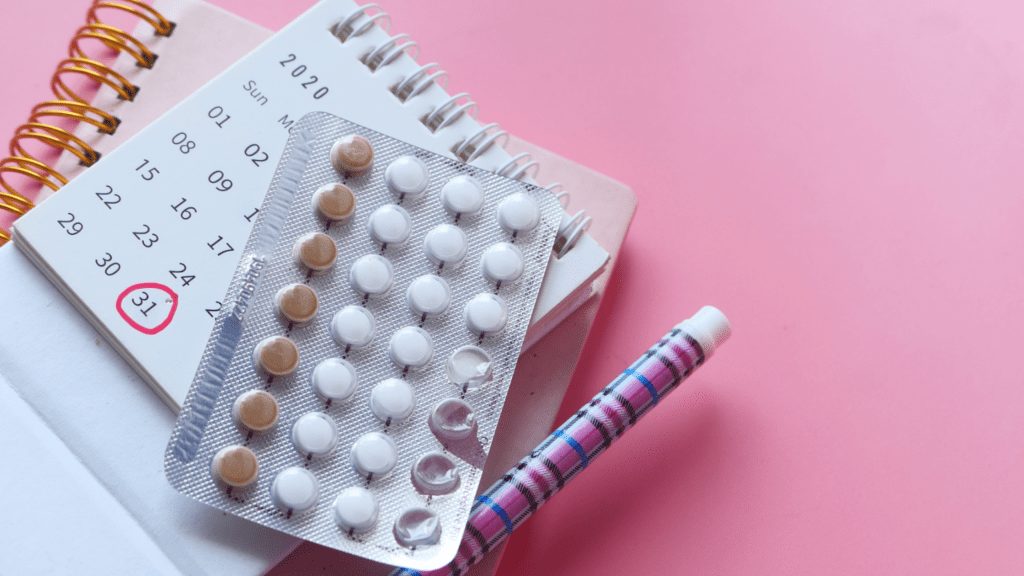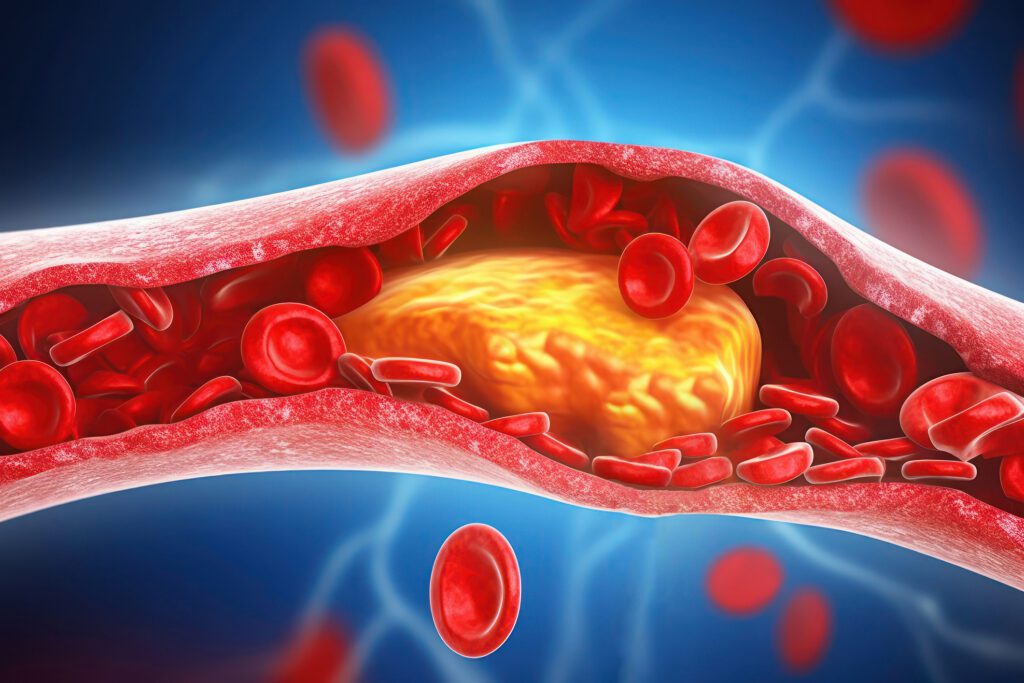Hair loss in women is becoming all too common and can affect you in your 30’s, 40’s and beyond. Once we are able to identify what the underlying cause of hair loss is, natural solutions for hair loss can be simple and effective.
The most common reason behind hair loss that I see in practice today is largely attributed to hormonal imbalance.
- Estrogen can affect hair loss.
- Testosterone or DHEA – our male hormones – can affect hair loss and their downstream metabolites.
- Thyroid issues – Hyperthyroid and Hypothyroid states.
- Anemia, especially iron deficiency anemia, but also macrocytic anemia, which is related to nutrient deficiencies of Vitamin B12 and Vitamin B9, (AKA folate) contributes to hair loss. It’s important to note that iron levels may be in a normal range – but not the optimal range and a person can still experience symptoms of hair loss.
- Stress is a big factor. When you experience a stressful event you can suffer “a hair blow out,” and this may occur four to eight to 1twelve weeks following a stressful event such as a death, a divorce, an illness, a job change, etc.
- Infections of the skin and scalp (your medical doctor can collect a little scraping or biopsy) should be ruled out as a potential fungal or bacterial cause.
- Inflammation – muscle pain, joint pain, and eating inflammatory foods that cause pain can contribute to hair loss
- Blood sugar dysregulation pushes hormones down a metabolic pathway that can cause hair loss. Blood sugar elevations will theoretically “gum-up” the tiny little capillaries in the scalp that nourish your hair follicles and prevent nutrients from reaching the hair follicles.
- Poor Digestive function – Bad gut bacteria and an unhealthy microbiome – these infections will “munch” on your iron to survive. As a result, we circle back to iron deficiency anemia, as a secondary cause of hair loss, due conditions of dysbiosis causing anemia, which then causes the hair loss.
Nutritional Tips:
One thing you can practice nutritionally to stop hair thinning is to eat a diet rich in nutrients, rich in fibre and high in vegetables. When you eat well and support balanced blood sugar levels, the vitamins and minerals from your nutrient-dense diet have the capacity to nourish your scalp and hair follicles.
Another nutritional tip is to avoid your food reactions as these increase inflammation and worsen hair loss. If you are in tune with your body and have tried an elimination cleanse and food reintroduction, then you are aware of what foods your body reacts to. Alternatively, Food Sensitivity and Allergy testing can help identify foods that cause systemic inflammation and as a result, avoiding these foods can reduce symptoms of hair loss.
Topical Treatments:
There are some wonderful topical treatments that you can practice at home a few times a week. Adding a few drops of Peppermint or spearmint oil diluted in a carrier oil (olive oil, coconut oil, jojoba oil, etc) and massaging this into your scalp, helps to stimulate the hair follicles and increase circulation to the scalp.
Consider the following labs to help to ascertain what the underlying cause of your hair loss might be:
- CBC for a complete blood marker, ferritin (iron storage) and thyroid hormones
- Iron has a huge impact on your thyroid – so low iron impedes good thyroid function. Iron is important for electrons to move across cells; for oxygen to circulate throughout the body to nourish the brain and cells. Iron is also important for healthy menstrual flow.
- Comprehensive Dried Urine Hormone Test – This provide a for more in-depth hormone assessment. It is no longer adequate to screen hormones with blood testing as this tells us nothing of where these hormones are travelling to in the biochemical pathways. Hormone testing needs to be in the form of urine testing of hormones to see which way estrogen is going or which way testosterone is going. It’s these downstream metabolites that are problematic. This is an easy at-home test where you collect your urine on a piece of paper, 4 times throughout one day to capture a nice average of all your sex hormones, adrenal hormones and thyroid hormones
First-Line medications for the treatment of hair loss in Conventional Medicine.
The problem with the current standard of treating hair loss is to prescribe a pill before addressing the underlying cause of why hair loss has been occurring. The result then becomes managing the side effects from common drug treatments that often outweigh any small benefit from stopping hair loss at all. For example:
- Propecia or Proscar, otherwise known as Finasteride, decreases the conversion of testosterone to dihydrotestosterone, which in turns prevents hair from falling out (since dihydrotestosterone is a big culprit behind hair loss in men and in some women). The downside: finasteride has a big black box warning for suicidal ideation so notorious it warrants its own medical condition called “Post-Finasteride Syndrome.”
- Rogaine (Minoxidil), is an anti-hypertensive vasodilator which is harsh on the liver and pretty toxic once absorbed into the skin. The side effect profile for this medication includes: irregular heartbeat (which may be exacerbated if you already have anemia and don’t know it), chest pain, difficulty breathing, fainting and weight gain.
- Spirinolactone, while this is not the first choice of treatment for hair loss, it may be considered much safer than the first two mentioned above. Many natural solutions for hair loss in women would effect the same biochemical pathways as spirinolactone, with little to no side effects. These can include minerals such as zinc, and plant-based medicine including stinging nettle root, saw palmetto, pygeum africanum and other effective herbs. The choice in which nutrients and herbs you may need for your particular hair loss will depend on your own hormone results and downstream metabolites that are being produced.
Different vitamins and supplements your body may benefit from to reverse hair loss:
- Zinc is important for thyroid conversion, testosterone production, and immune system support. Zinc (along with selenium and other minerals) is a commonly depleted mineral in our soil. Zinc deficiency is also common and can be further aggravated by those who use a copper IUD or certain medications.
- Collagen powders on the market may not only be helpful for joint health, but also for the skin and hair.
- Bone Broth is mineral-rich and has been shown to enhance the integrity of hair, skin and nails. It’s important to ensure the bone broth that you make or purchase is organic and hormone free. If the animal in which you are reducing the broth from was eating a diet sprayed with round up (full of glyphosate) – this chemical gets stored in the bone marrow of the animal and so when you boil out the bones, glyphosate will leach into the broth. Choosing organic bone broth is a must here.
- Biotin and Silica can be found in many hair, skin and nail formulas for general support.
- Specific antioxidants such as Alpha lipoic acid are an excellent option to help protect the blood vessels and reduce oxidative damage from high blood sugar levels.
What to do with elevated testosterone levels?
Polycystic Ovarian Syndrome (PCOS), is much more common today than it was twenty years ago. About 5-10% of women will experience some form of PCOS and this condition can contribute to hair loss as it relates to elevated testosterone metabolites. In such cases, we make very specific nutritional, dietary and herbal (different than the herbs mentioned above) recommendations to manage the blood sugar and hormone levels in a women experiencing PCOS.
Another source of elevated testosterone may come from a partner who is currently using topical testosterone therapy. It is important to avoid skin-to-skin contact with your partner for at least one hour after application, as they could be contaminating you with residual hormone and be a potential cause of your hair loss.
While most cases of hair loss in women have a correctable cause, a hereditary alopecia (the clinical term for hair loss) may be passed down to you from you mom, grandma or great grandma. Sometimes a hereditary hair loss makes hair loss difficult to treat and women may opt for advanced therapies, such as Platelet Rich Plasma Injections of the scalp.
If you are experiencing some form of hair loss – you now know what initial lab screenings you need to ask your doctor for to find out what the underlying cause is. If you are still struggling and would like to speak to us about your hair loss, please give us a call so we can help you get back on track and back to having beautiful healthy hair and a beautiful healthy you!







